-
-
-
Total payment:
-

Plywood and the environment: A sustainable solution for manufacturing industries
Posted by Kiều Trang at 11/11/2024
In the context of global attention to sustainable development and environmental protection, using eco-friendly materials has become more important than ever. Plywood is one of the top choices that help businesses minimize their negative environmental impact while still ensuring high performance and cost-effectiveness.
1. Plywood – A material made from natural wood
Plywood is primarily made from natural wood, which is a renewable resource. The production process of plywood helps optimize wood use while minimizing material waste. The multiple layers of thin wood are bonded together, maximizing the usable area of the wood. This not only helps protect forests but also ensures the sustainable use of resources.
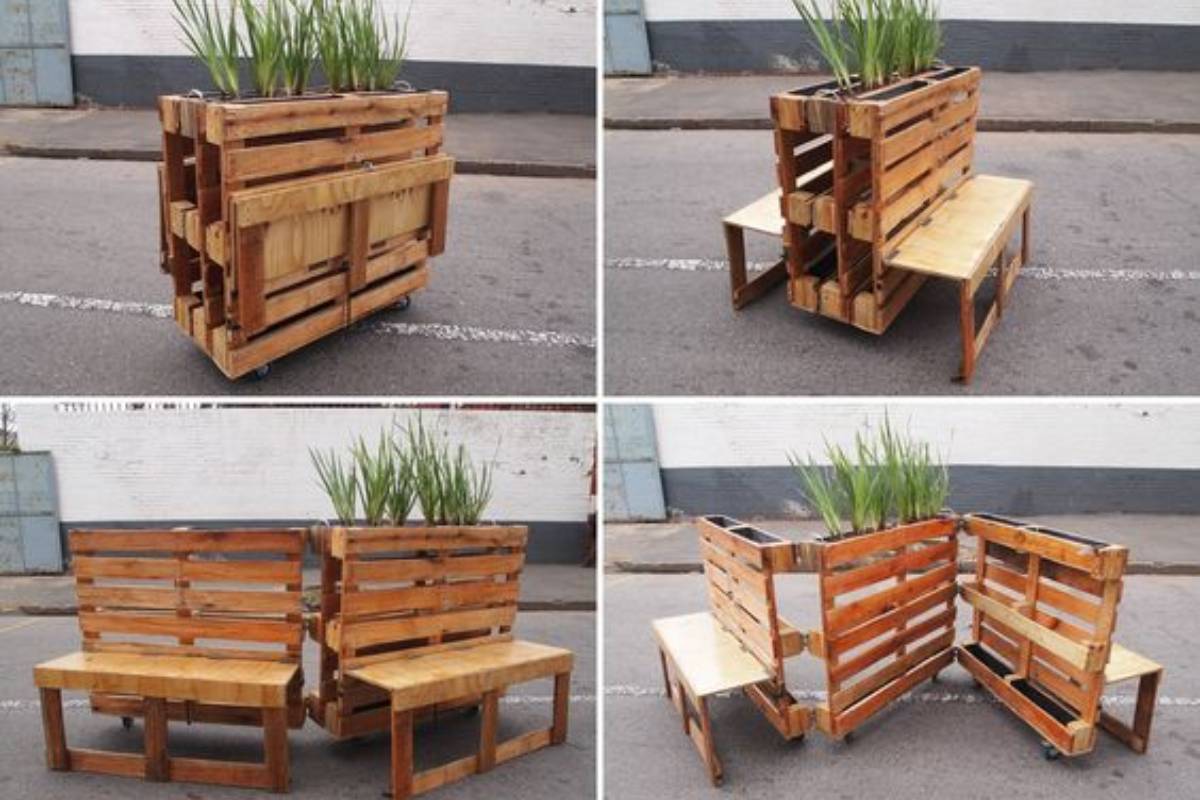
2. Recyclable and biodegradable
One of the greatest advantages of plywood is its recyclability and biodegradability. After its useful life, plywood can be recycled or reused in various industries. Additionally, because plywood is made from natural wood, it decomposes easily and does not contribute to environmental pollution like plastic or metal materials.
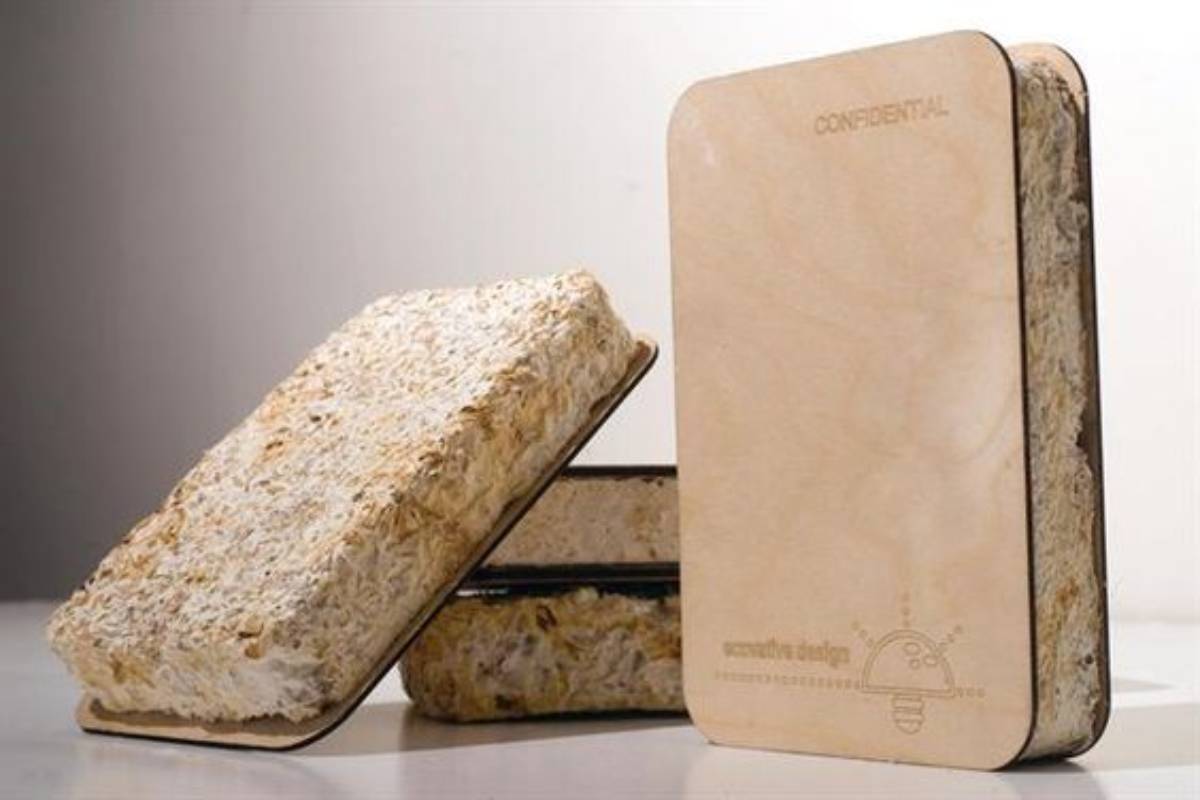
3. Reducing plastic waste
While plastic waste has become a global environmental issue, plywood serves as a safe and sustainable alternative for applications requiring high durability. Due to its biodegradable properties, plywood helps reduce the reliance on plastics in industries such as packaging, construction, and furniture manufacturing, contributing to less environmental pollution and protecting human health.
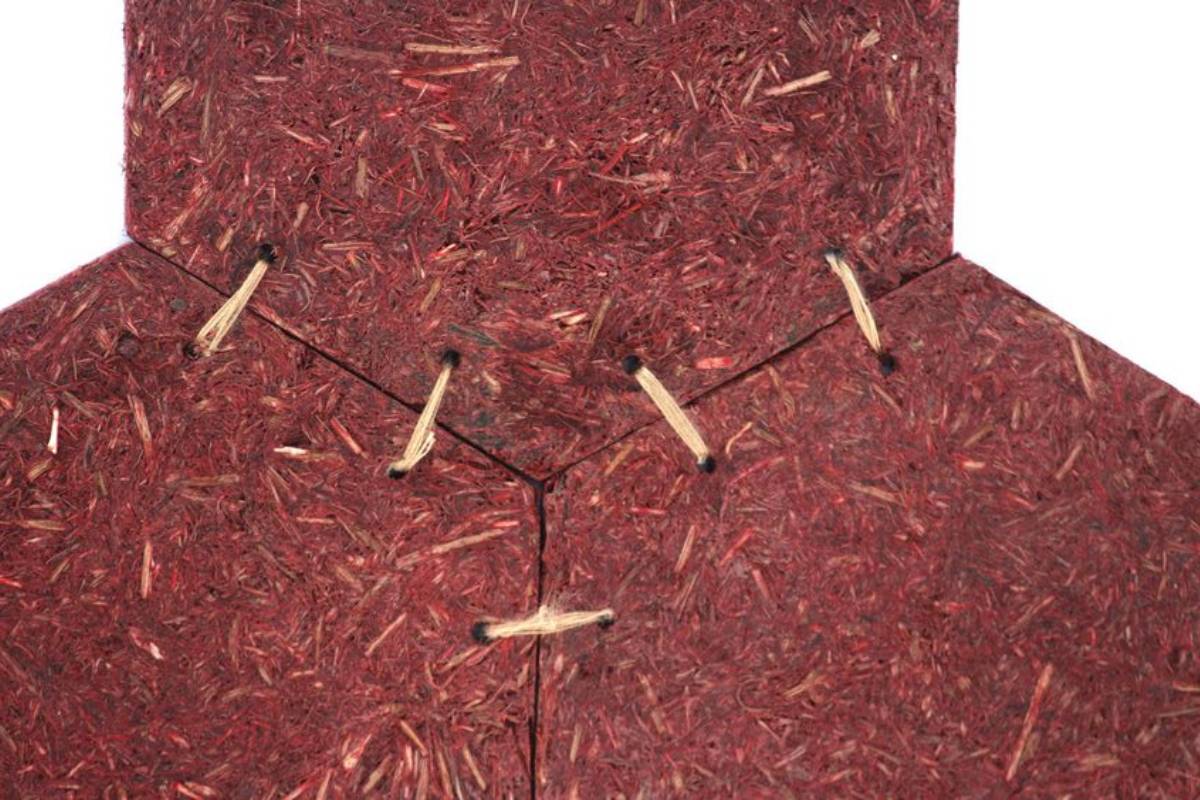
4. Energy-Efficient production
The production process of plywood is more energy-efficient compared to other materials such as metal or synthetic plastics. Using natural wood as the main raw material not only reduces costs but also helps save energy and decrease greenhouse gas emissions.
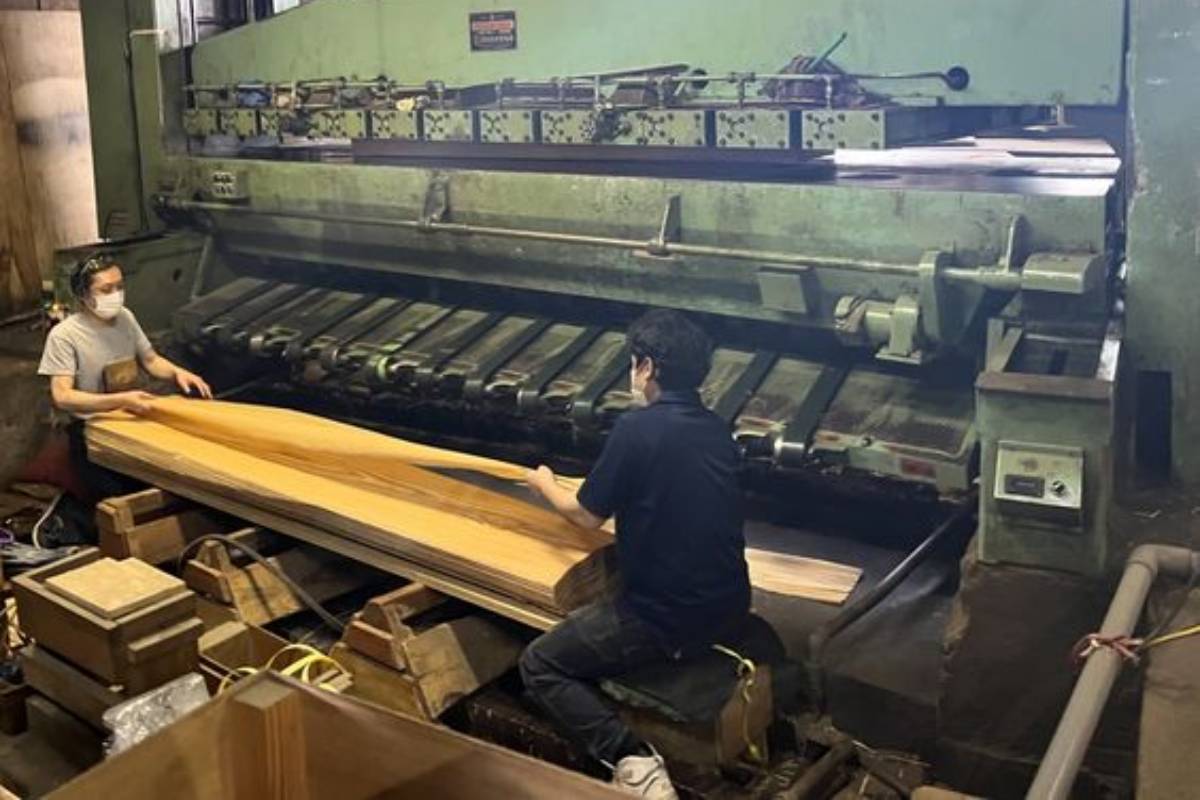
5. Sustainable benefits for businesses
Opting for plywood in packaging, construction, or furniture manufacturing helps businesses lower costs and build a "green" and sustainable brand image in the eyes of consumers. Today, companies are increasingly seeking eco-friendly solutions, and using plywood is an intelligent step toward enhancing social responsibility and environmental protection.
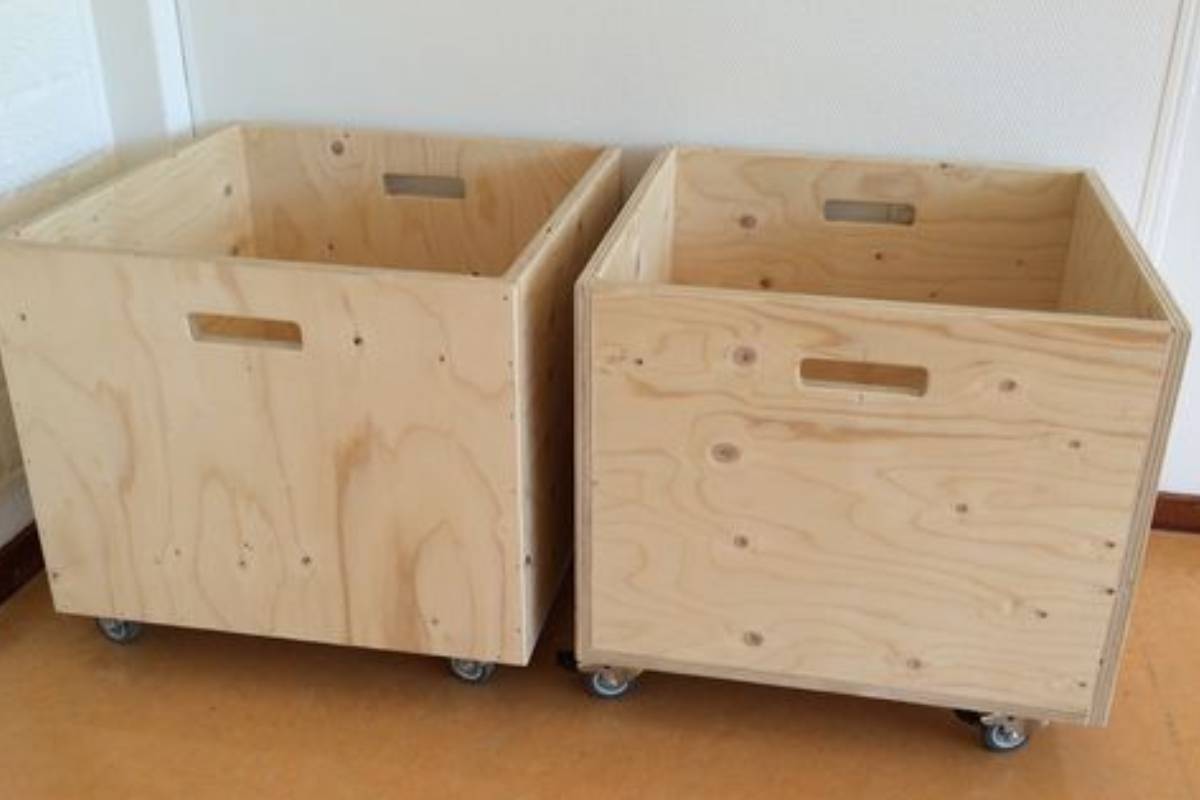
Sustainable applications of plywood
- Eco-Friendly Packaging: Plywood is an excellent choice for packaging fragile products, offering protection without contributing to plastic waste. Instead of using plastic packaging, plywood ensures product safety while reducing environmental impact.
- Sustainable Furniture: Furniture made from plywood, such as tables, chairs, and shelves, is not only aesthetically pleasing but also durable, easy to maintain, and environmentally friendly, creating a clean and green living space.
- Construction and Concrete Formwork: Plywood is also used in the construction industry for creating concrete molds and wall panels, reducing the use of non-recyclable materials.
With its recyclability, biodegradability, and minimal environmental impact, plywood is an ideal material in today's environmentally conscious world. Using plywood helps reduce dependency on plastic and metal materials, while supporting businesses in their pursuit of sustainable development. By choosing plywood, you are not only investing in high-quality products but also contributing to the protection of the planet and a sustainable future for generations to come.










